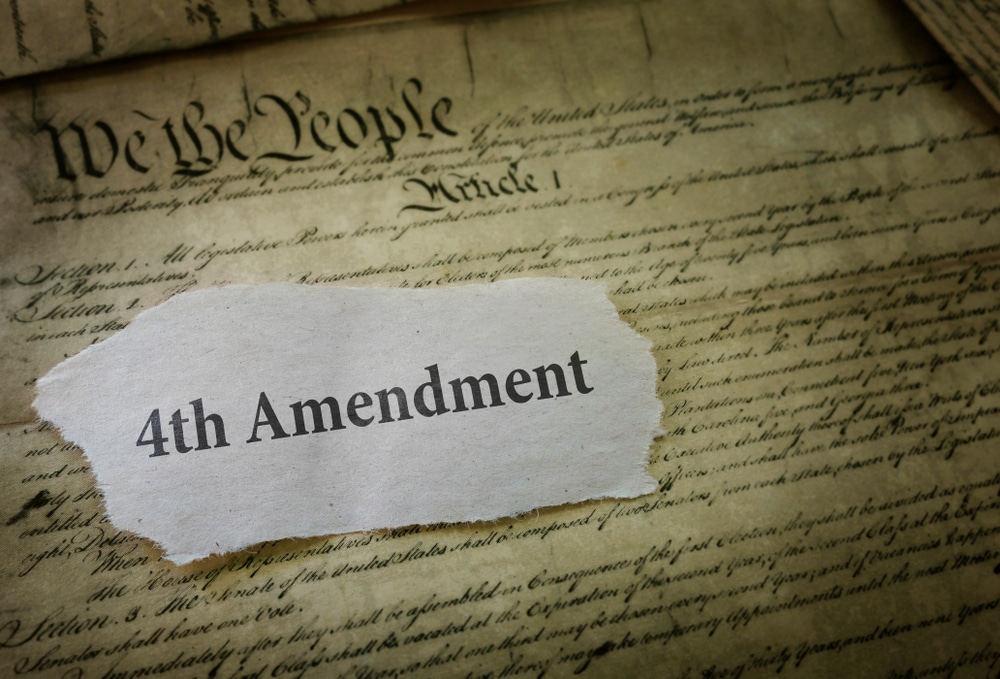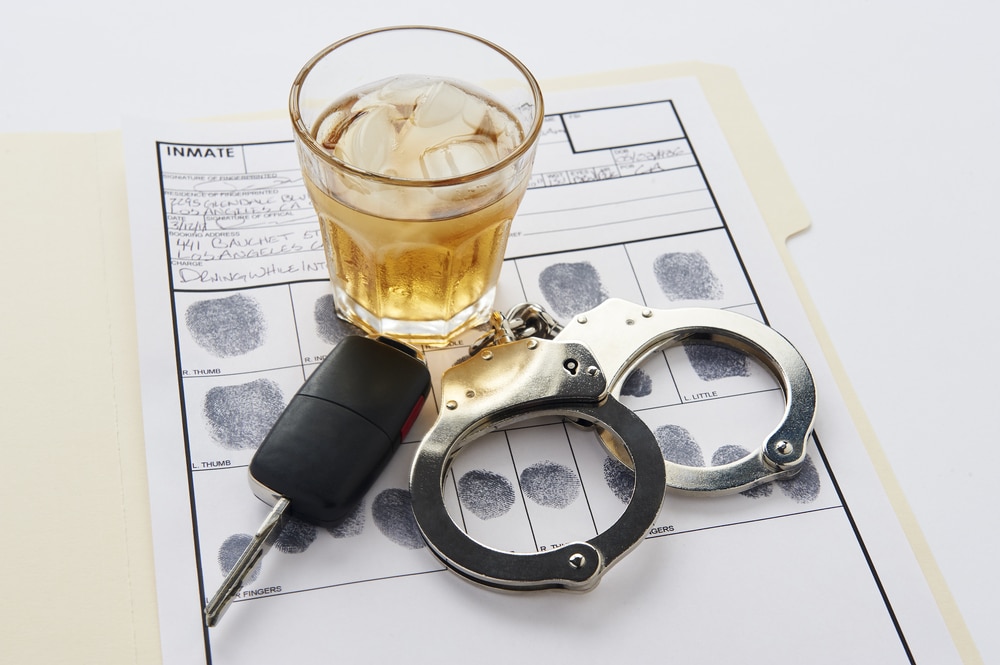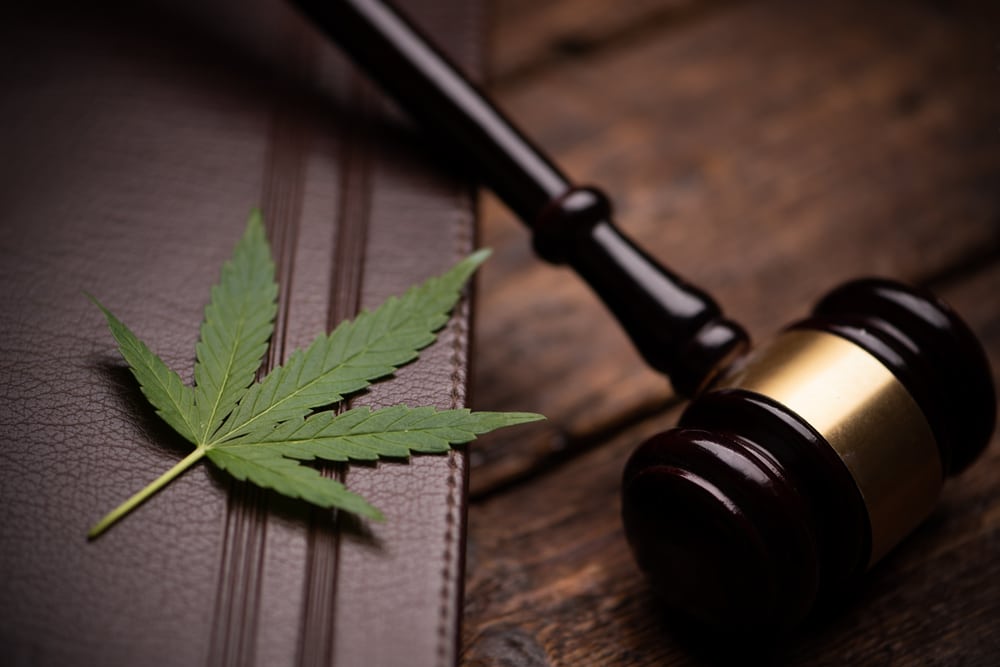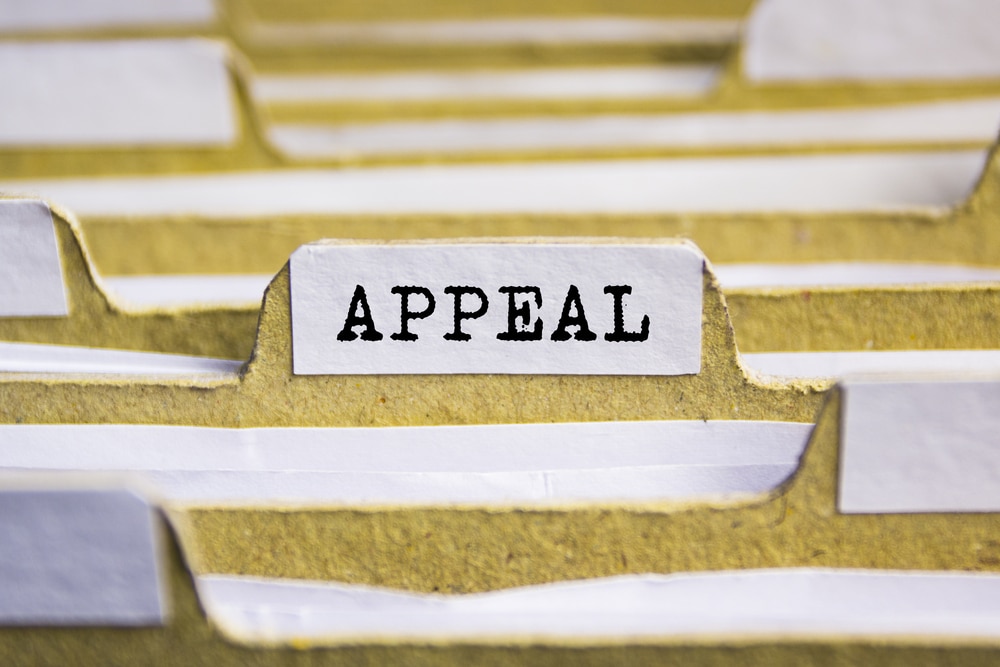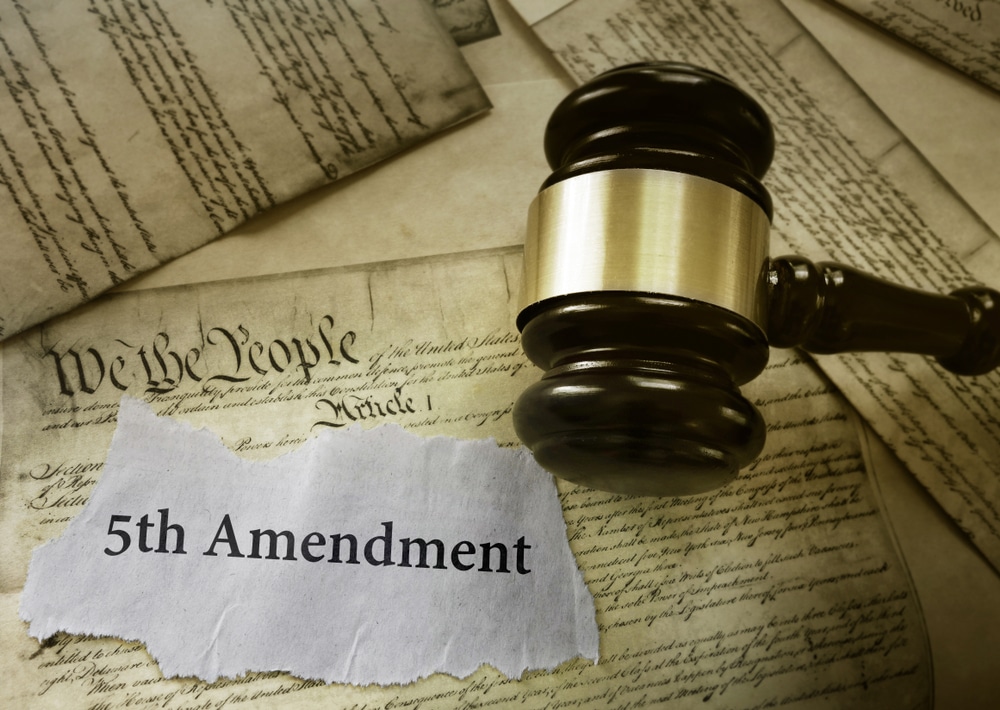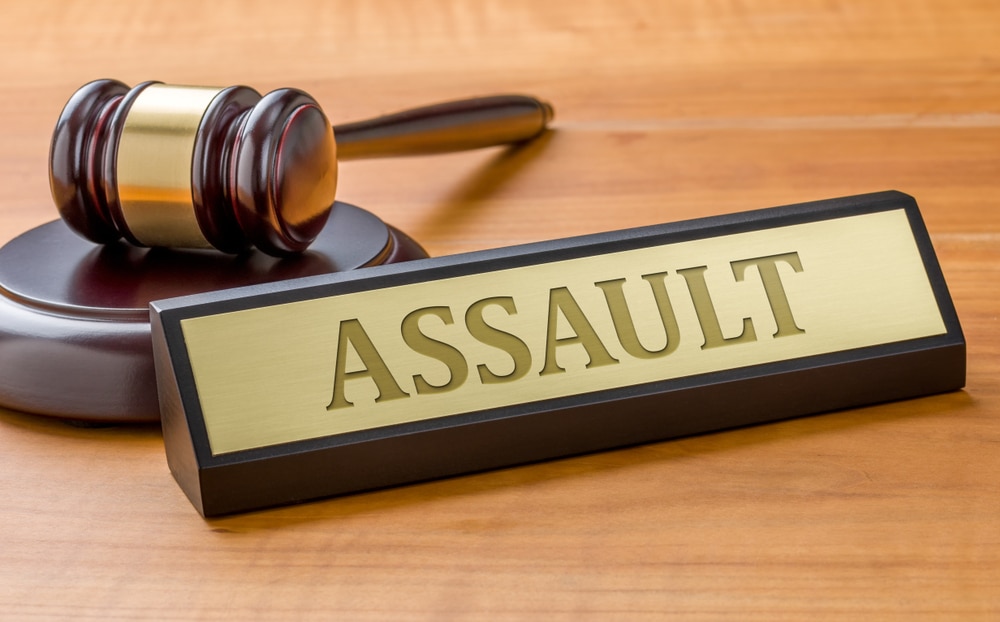The Fourth Amendment of the U.S. Constitution guarantees protections to individuals from unlawful search and seizure by the government. However, it’s important to understand that this right doesn’t mean you can never be searched by the police. It only extends to illegal searches that are deemed unreasonable under the law. In the event a search is conducted illegally, any evidence collected in violation of your rights may not be used against you in court.
What is an Unreasonable Search and Seizure?
An unreasonable search and seizure is a violation of the Fourth Amendment. These types of searches and seizures are conducted without a warrant, consent, or probable cause that a crime has been committed. The Fourth Amendment’s broad protections can apply to a wide range of scenarios, including the following:
- A police officer’s apprehension of an individual on the street
- Traffic stops
- At the time of arrest
- Police entering an individual’s home
- Police confiscating an individual’s personal property
The Fourth Amendment’s protections also cover police searches of places where a person has a reasonable expectation of privacy. However, there are some situations in which the government may perform warrantless searches, including searches of a person incident to a lawful arrest — and when exigent circumstances exist. For instance, if the police have a reasonable belief evidence will be destroyed or the suspect will cause physical harm to another, a warrantless search may be justified.
When Does a Reasonable Expectation of Privacy Exist?
Importantly, the Fourth Amendment guarantees that the government cannot seize or search your property or person when a reasonable expectation of privacy exists. A two-prong test is typically applied by courts to determine whether a privacy interest is paramount: 1) you exhibited an actual, subjective expectation of privacy, and 2) the expectation is one that society would be prepared to recognize as reasonable.
Under the protections of the Fourth Amendment, a person has a reasonable expectation of privacy in their own body, home, and personal effects. But there is no expectation of privacy in an open field on your property — or in items you’ve discarded into a public trash can. When a reasonable expectation of privacy exists, police must generally obtain a warrant or obtain permission in order to conduct a lawful search.
What Happens if Your Fourth Amendment Rights are Violated?
A Fourth Amendment violation is a serious matter — any evidence collected in connection with an unlawful search will not be admissible in court. This is known as the “exclusionary rule.” In addition, the “fruit of the poisonous tree” doctrine extends the exclusionary rule to evidence that is collected separately, but is derived from evidence that was illegally obtained.
If you believe evidence was obtained in violation of your Fourth Amendment right against unreasonable search and seizure, a skillful criminal defense attorney can argue that it should be suppressed. If the judge determines your rights were violated, they will rule that the evidence is inadmissible. Although the prosecution’s case can still move forward if there is other evidence that can be raised, their ability to meet the burden of proving your guilt beyond a reasonable doubt may become more challenging.
Contact an Experienced New York Criminal Defense Attorney
If your Fourth Amendment rights were violated, it’s critical to have a knowledgeable criminal defense attorney by your side who can fight for the best possible outcome in your case. Offering reliable representation and skillful defense, the criminal defense attorneys at D’Emilia Law are committed to providing aggressive advocacy for our clients and ensuring their Constitutional rights are safeguarded every step of the way. To schedule a consultation, contact us at 1-888-DEMILIA.

